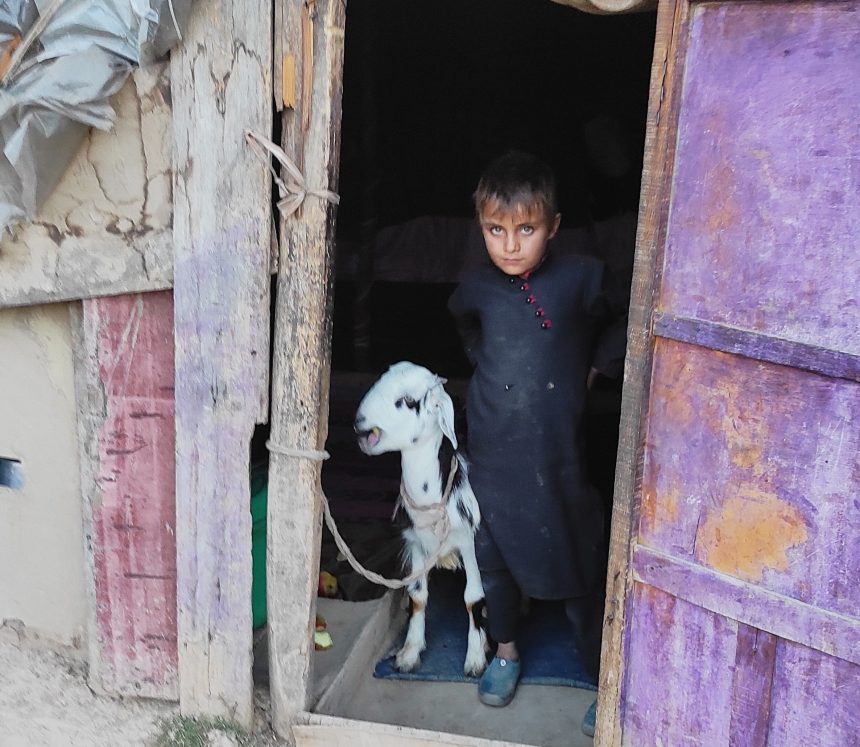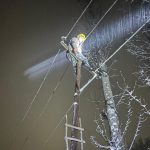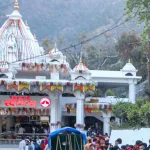For the routine daily walk, liberated (retired) individuals need not necessarily chase the sunrise or the final rays of daylight. During the third week of October, as the mornings turned cold, I adjusted the timing of my daily walk to the late afternoon.
Unlike the uptown, where narrow lanes connect mansions or the congested downtown with busy streets, our colony strikes a unique balance. Though footpaths are absent, the sufficiently wide, reversible lanes make walking relatively comfortable. Yet, a daily walker must remain alert and submissive with no direct eye contact to the packs of street dogs that command the area round the clock.
Large number of dogs patrol near waste-dumping sites and food shops; the baker-‘kandroo’, butcher shops, and chicken points, where they thrive. The coats are solid black, brown and white, or their mixture. Deeper into the lanes, the dogs per pack are comparatively less in number. Each pack’s dominant coat color pattern marks its family lineage, distinguishing one pack’s territory from the next.
In the newer extensions of our two-and-a-half decade old colony, many plots remain vacant. Old-style tarpaulin tents have been erected in many of these spaces. Occupied by families of Bakerwals who have abandoned their nomadic ways, these tents symbolize both struggle and survival. Most families hail from Rajouri, while a few trace their roots to Kangan. Lacking the livestock that once justified their nomadic migration to highland pastures during summers and return to their territory thereafter, these families now endure the harsh winters without modern comforts.
While an appreciable number of the colony resident’s escape to warmer zones, leaving their homes under the care of trusted khans, the Bakerwal families stay behind, resilient against the cold. The men, hardy by descent, work as laborers in construction sites, shops, and workshops across the city. The women tend to their homes, cooking meals the old way; over clay stoves fueled by wood splinters. Some families keep a goat or two, while children roam the colony, playing, tending to animals, or collecting food items and pennies from generous neighbours.
One afternoon, during my walk, a particular tent near a newly constructed three-storey house caught my attention. The wooden door stood ajar, but the interior was too dark to reveal anything. A tethered piebald goat kid, lean and about three to four months old stood partially visible inside.
Interest stirred the student vet in me. I reversed my steps and called out, “Khan Sahib!” After a few calls, a boy, six or seven years old emerged. His soiled face and clothes contrasted sharply with his European-like fair complexion, golden hair, and striking green eyes. He wore a black ‘kameez-shalvar’ (Khan Dress) with red buttons and green plastic shoes. Standing beside the kid on a blue doormat, he fed it slices of a fresh apple.
Holding firmly a sharp knife in the right hand the boy continued slicing the apple. Aware of the severe toxicity green fruits can cause in livestock, I strongly advised the boy to stop feeding apples to the goat. I encouraged him to eat the apples himself, even invoking the adage, “An apple a day keeps the doctor away.” Unmoved by my suggestions, he calmly replied, “The animal is eating the apple happily,” untied the kid, and let it outside. Surprisingly, the goat then stopped eating the apple slices and lingered nearby.
Persistent curiosity led me back to the tent two days later. The boy wasn’t there, but I met his family. Sadly, my fears were confirmed; the goat had died the very night it consumed the apples. Bought just that morning for five thousand rupees at the insistence of their son, the animal had survived only a day with the family. The parents, though saddened, accepted the loss. They recounted how the boy had cried bitterly upon seeing the goat’s carcass the next morning but had quickly moved on when friends arrived to play. Just after my departure at the first turn of the lane I had an encounter with the boy returning home. He gave me smile and revealed with surprising candor, that the goat had also been fed cooked rice – another food highly toxic to livestock – by his parents.
The death of the goat prompted me to contemplate several issues. How difficult must it be for these families to transition from their nomadic past to a settler lifestyle? Children from marginalized communities may have dreams too, yet even their adults lack even basic awareness about animal care or modern husbandry practices. As someone with over 40 years of veterinary experience, I felt a stark sense of helplessness: a small boy, a tenth of my age, had unwittingly ignored advice that might have saved the animal. It also raised critical questions about the role of extension agencies and the dissemination of scientific practices to the farmers who need them most.
Can we afford to let another generation remain illiterate and uninformed? The story of the boy and his goat underscores the silent struggles of families on society’s margins. It is a reminder that education for humans and their livelihoods remains our most pressing need.
(The Author is Ex-Prof. & Head, Division of Veterinary Clinical Complex, FVSc & AH, Shuhama. Feedback: [email protected])








